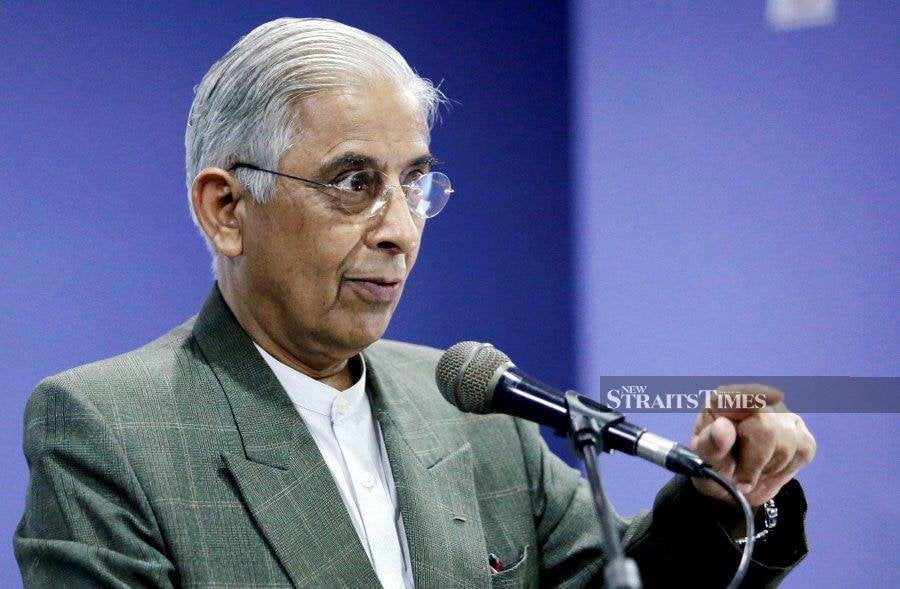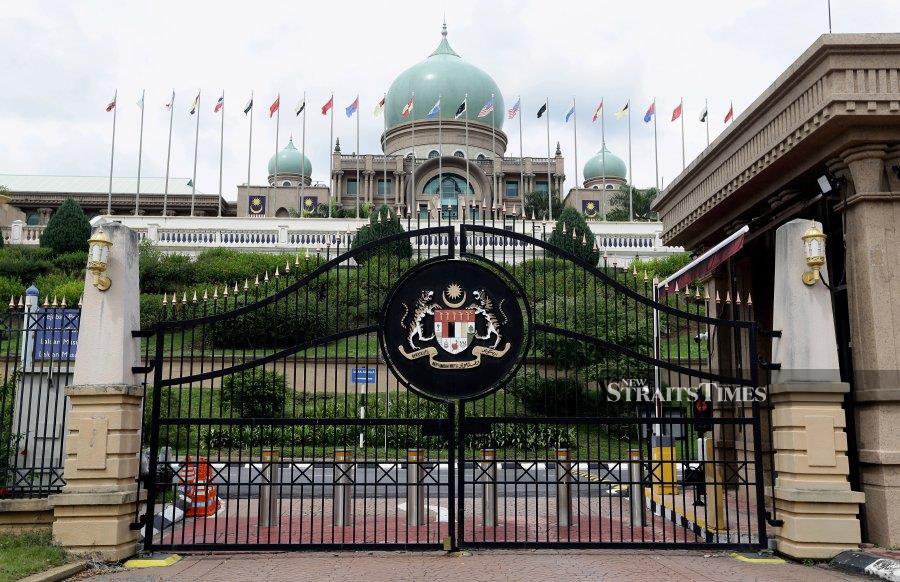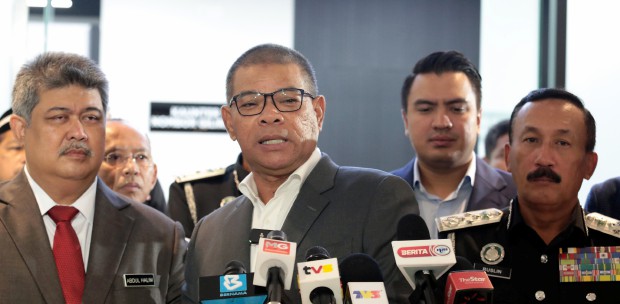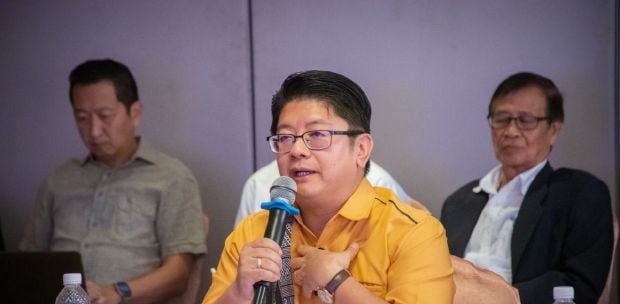KUALA LUMPUR: It is unclear if the country will get to see a new government formed within the next few days.
At press time, there has been no signal if either of the two coalitions with the largest number, Pakatan Harapan (PH) and Perikatan Nasional (PN), have reached an understanding with other parties to enter Putrajaya together.
Since neither of the coalition managed to score the minimum 112 seats in the Dewan Rakyat in the 15th General Election (GE15), the federal administration of Putrajaya cannot be formed as of now.
It is expected that all parties would be in negotiation mode for the next 48 hours at least.
In the last two weeks of the campaigning period, there have been talk of BN possibly forming a cooperation with PH while another rumour has it that BN would once again work with PN.

Constitutional expert Professor Datuk Dr Shad Saleem Faruqi told the New Straits Times that with the hung Parliament, the country would have to look for solutions through the conventions of parliamentary democracy practiced in other countries.
He said a few options could be considered while the country awaits the installation of a new federal administration after negotiation process among parties concluded.
"The Federal Constitution is silent on this issue (hung Parliament) and so, we can apply the conventions of parliamentary democracy.
"In the United Kingdom, the convention is that the party with the largest number will be given the first bite of the cherry to try to form the government.
"Another way is to either go with the incumbency principle or we could have a minority government," he said.
Shad said in the UK, although normally the country would give the opportunity to the party with the largest number of seats, there is also a possibility of the incumbent government being given the chance.
"It's a conflicting convention. It's either the incumbent that will be given the chance or the one with the largest number."
On the incumbency principle, he said after GE15 concluded, caretaker Prime Minister Datuk Seri Ismail Sabri Yaakob could continue to lead a caretaker government along with his existing cabinet members temporarily.
Shad said there is no time limit as to how long the incumbent government could stay in Putrajaya, as it would depend on the two coalitions' ability to reach an agreement with other parties.
Citing the 2010-2011 Belgian government crisis, Shad said Belgium went on for 589 days without an elected government, more than a year after its general election was held in June 2010.
"It's because it is not easy to find a majority. And bear in mind that an incumbent government can only take care of the day-to-day affairs.
"The caretaker government can't take drastic initiatives, make new appointments or dismissals, or introduce new economic and financial policies.
"It's basically you are holding down the fort and that is it."
As for the third option, Shad said forming a minority government could be a "very controversial" choice.
"If neither of the other two options succeeds, then a minority government could be formed through a confidence and supply agreement (CSA), like what Ismail Sabri did with PH before.
"Other parties could lend their support to the minority government. Although they may not be part of the administration. In return, the government would support their policies and programmes.
"It's a quid pro quo situation."






